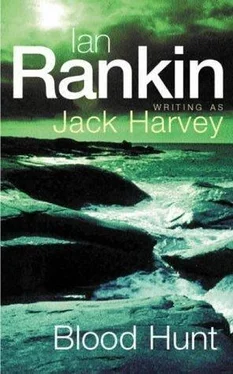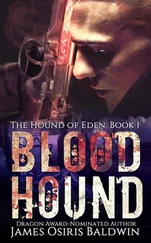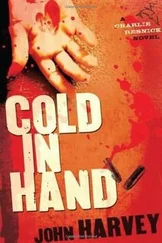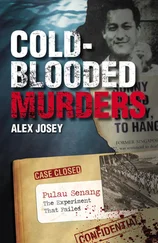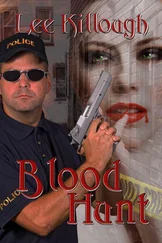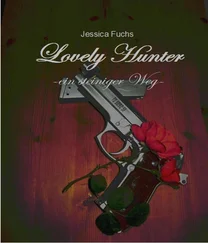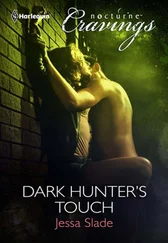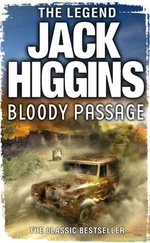
The third book in the Jack Harvey Novels series, 1995
Then you carried your ashes to the mountains: will you today carry your fire into the valleys? Do you not fear an incendiary’s punishment?
– Nietzsche , THUS SPAKE ZARATHUSTRA
HE STOOD ON THE EDGE of the abyss, staring down.
Not afraid, not feeling anything very much except the burning in his lungs, the damp ache behind his legs. He knew staring was never a one-way thing. It was reciprocal. Okay, he thought, get your staring finished, get it over and done with now. The fall, he thought-it isn’t the fall that kills you, it’s the ground at the end of it. It’s gravity, the fatal pull of the planet. There was water at the bottom of the chasm, the tide rising, foam churning against the sheer sides. He could hear the water, but in what was left of the daylight he could barely see it.
He took a deep breath at last and drew back, stretching his spine. There was an hour left till dusk: not much time. They wouldn’t find him now. He’d had one piece of luck about seventy-five minutes ago, but reckoned he was allowed one lucky break per mission.
At least they were quiet now, his pursuers. They weren’t yelling ill-considered commands back and forth, their words carrying on the sweet, still air all the way to where he lay listening. And they’d split into two-man patrols: also well-learned. He wondered whose idea that had been. They would know by now that time was against them, know too that they were tired, cold, and hungry. They’d give up before he did.
That was the edge he had on them. Not a physical edge-some of them were younger, fitter, stronger than him-but a psychological one. The sharpest edge there was.
He looked up and listened, breathed in the wet bracken, the small dull buds, the charged air. There were thunderclouds in the distance, moving farther away. A torrent of rain had swept the land yet again. There was nothing worse for the spirits than a periodical drenching. Their spirits, not his. They weren’t within a mile of him. They weren’t anywhere close. None of them would be blooded today.
He checked himself. Overconfidence. It had to be avoided. The most dangerous part of a mission, any mission, was the last part-those final few hours, or minutes, or even seconds. Your brain starts winding down, your tired body doing the same. And you start to make mistakes. He shook his head roughly, feeling the pain across his shoulders. He was carrying seventy-five pounds, which would have been nothing five or ten years before-he’d carried double that in the Falklands; some Special Air Service missions in the Gulf War had carried even more-but now he’d been carrying the rucksack for thirty-six hours, and the pack was wet and heavy.
He set off again after checking his map, walking backwards through the mud, sometimes circling so he crossed over his own tracks. He took a pride in all this confusion-a confusion his pursuers probably wouldn’t even notice. They had, perhaps, turned back already. But this wasn’t about them at all. It was about him. He’d never doubted it for a moment.
He started to climb again, with his back to the ground, heels pushing into the soil, his rucksack transferred to his chest. Near the top of the ridge he paused, listened, and heard a sound he could identify all too easily: paper tearing, being crushed. The ball of silver foil bounced close to him and stopped. He could hear no footsteps, no advance, no retreat-and no conversation. A sentry, then; a lone lookout. Maybe part of an observation post, which would mean two men. They had, after all, split into two-man patrols. He heard a bar of chocolate being snapped in two. He became certain he was dealing with a stand-alone; the other man must be out on recce.
The close of daylight being so near, it was tempting to take a prisoner, a hostage. But he knew it was only tempting because he was tired. Overconfidence again. He was trying to evade the enemy, not engage it. But if feet shuffled towards the overhang, if toecaps sent crumpled earth showering down, if a pair of eyes wondered what was below… The gun was ready.
He hugged the soil and grass, feeling the damp soaking into his back. To take his mind off it, he did a little mental check, ensuring he was ready for anything.
He was.
A sigh from above, barely ten feet away. Then: “Sod this for a lark,” and the sound of feet shuffling away, a throat being cleared, phlegm hawked onto the ground. Minus points, he thought-traces left for any pursuer: a gob of spit, some silver foil. Plus speaking out loud. Very minus points.
One day, he thought, one day not so very long ago, I’d have crept up behind you and dug my knife into your throat. Not a slit-a throat was tougher than you thought; a slit often wouldn’t be enough-you went for maximum damage in minimum time, and above all you wanted to get the voice box. So you stuffed the point of the dagger into the throat and poked around with it.
Jesus.
He had that nightmare sometimes. Not so often these days. It worried him that he didn’t dream about Joan and Allan. He never dreamed about them at all, yet they were his whole life-they were his saving.
He was wondering where the other man was, the one the chocolate-eater had gone to find. Last thing he wanted was for the bastard to stumble on him lying here, exposed, with the rucksack on his chest getting in the way of his gun.
Go back down the slope, or head up over the rise? He gave it another minute, then wormed his way upwards, peering over the lip. Open countryside, a rounded dip to the land like a giant saucer; and a hundred yards away, stumbling along, the chocolate-eater. He recognized the young man, even from behind, even in this light and from this distance. He recognized his useful bulk, not too much of which was flab. A quick check of the map confirmed he was headed back to the enemy base. He wasn’t looking for anyone. He just wanted to be indoors with a mug of something hot and wet. He’d had enough.
A final look at the map, committing it to memory. Soon it would be too dark to read, and the use of a torch, even the thinnest pencil-lead beam, was dangerous. So dangerous it was verboten during most active missions except in the direst emergency. There’d be no dire emergency this time.
He tracked the chocolate-eater, keeping a steady distance. After a while a tall, thin man joined up with the chocolate-eater and they had a muted discussion, pointing their arms in various directions like windblown weather vanes. Together they set off for camp, unaware that they were being watched by the very man they were supposed to capture at any cost.
Eventually, the “camp” itself came into view: two olive-green Land Rovers with roofs that had once been white. There were three men already there, hovering around a steaming kettle on a Campingaz stove. They were shuffling their feet and checking their watches.
He knew this land fairly well by now, and decided to get closer. It would mean a hike of a couple of miles, around to the other side of the encampment where the ground cover was thicker. He set off, crouching low, crawling on his belly when necessary. Another two-man patrol was coming home, and passed within a hundred yards of him. He made himself part of the scenery. They weren’t really concentrating anymore-they were too close to home, not expecting anything. The most dangerous time.
At one point he heard a cry of “Come out, come out!” followed by laughter. The laughter had an embarrassed edge to it. They’d be even more embarrassed if he walked into their camp, his gun trained on them.
Читать дальше
